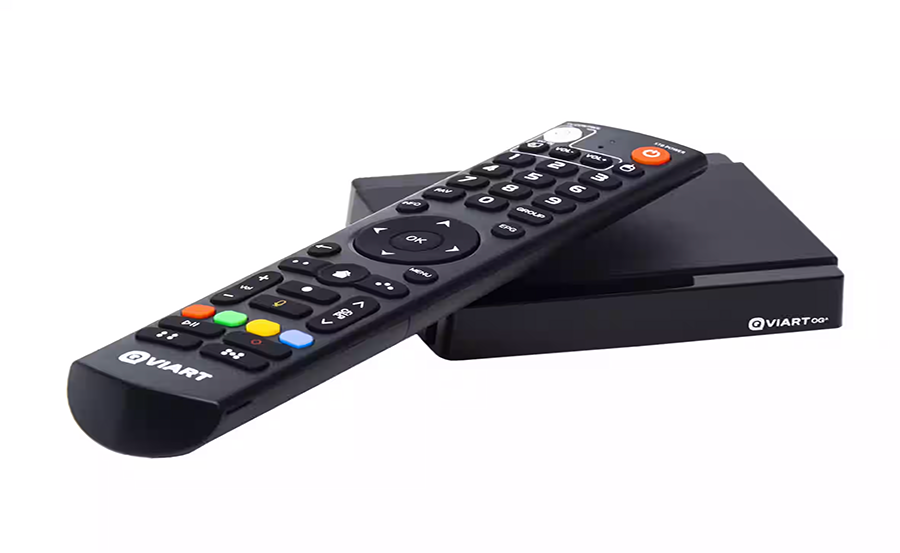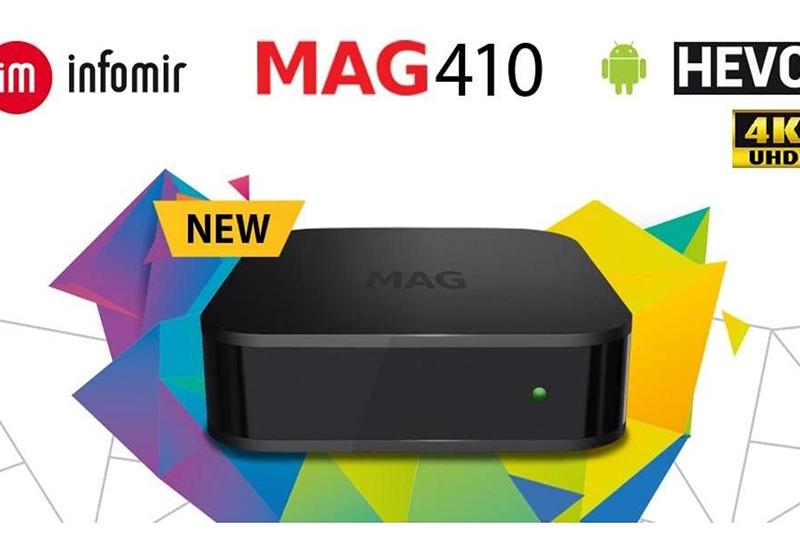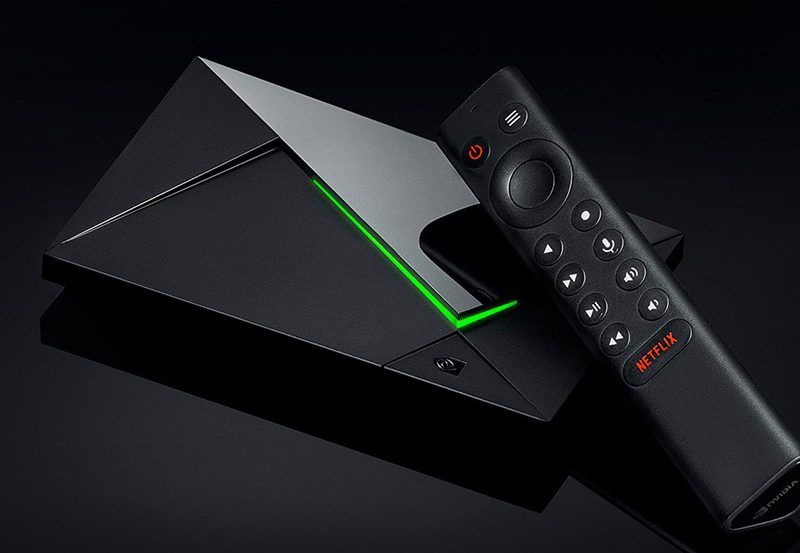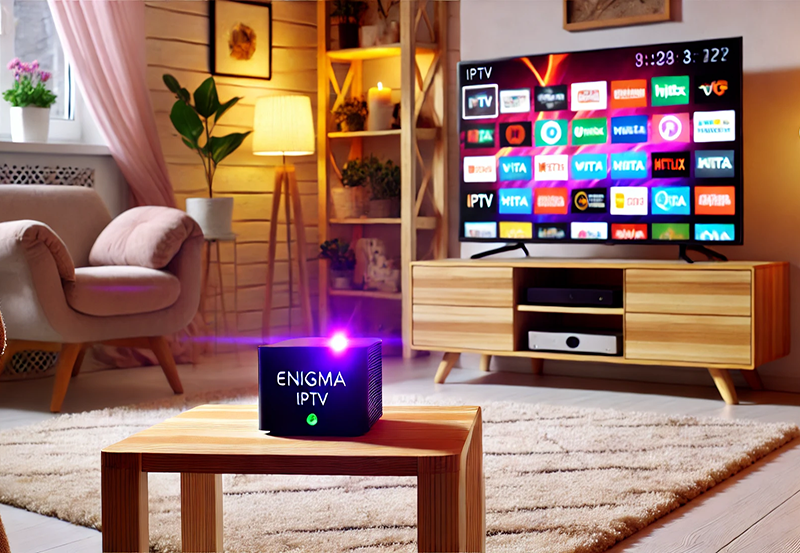In the rapidly evolving world of television technology, trying to decide between an Android Box and a Smart TV can feel daunting. As consumers seek the best options for streaming their favorite content, understanding the differences and benefits of each is crucial. This article dives into various aspects to help you make an informed decision that suits your viewing needs, especially if you’re an aficionado looking for the best IPTV for sports or seeking to elevate your IPTV viewing journey.
What is an Android Box?
At its core, an Android Box is a device that you can connect to your TV to transform it into a smart entertainment hub. It operates on the Android operating system, much like a smartphone or tablet, giving you access to apps, streaming services, and more. The flexibility of Android Boxes lies in their ability to enhance any television set with smart capabilities without needing to purchase a new TV.
These boxes typically support a wide range of applications, including Netflix, Amazon Prime Video, and various IPTV services. They’re especially favored among users who want access to top IPTV services to enhance their viewing experiences. If innovation and personalization are your top priorities, an Android Box might just be the right choice for you.
Expert Advice:
Subscribe to Best USA IPTV and access thousands of high-quality streams anytime, anywhere.
Key Features of Android Boxes
Android Boxes offer a multitude of features that make them appealing. Most importantly, they provide tremendous flexibility thanks to the Android OS. You can download thousands of apps from the Google Play Store, use Google Assistant for voice control, and even customize your home screen to suit your preferences.
Beyond app access, many Android Boxes support 4K resolution and high-definition content, which is perfect for sports enthusiasts looking for the best IPTV for sports. You can also install VPNs directly on the device to protect your privacy and access geo-blocked content worldwide.
Pros and Cons of Android Boxes
Benefits:
- Cost-effective way to smarten up any TV set.
- Extensive app compatibility and customization options.
- Supports multiple media formats and resolutions.
Limitations:
- Requires separate HDMI connection and power outlet.
- Not all devices receive regular software updates.
- Initial setup might be confusing for tech-challenged users.
Understanding Smart TVs
Smart TVs integrate internet connectivity and interactive web features directly into television sets. They represent a seamless look with built-in apps and services accessible with a remote control. Unlike Android Boxes, which are external devices, Smart TVs combine traditional TV features with web-surfing abilities.
Whether you’re streaming Netflix, exploring the latest top IPTV services, or simply browsing the web, Smart TVs offer a hassle-free experience. With a well-rounded suite of built-in apps, they cater to users who prefer a plug-and-play solution.
Main Characteristics of Smart TVs
Smart TVs come equipped with various built-in apps and services. They typically support voice recognition technology, allowing you to search content and control the TV using your voice. Built-in Wi-Fi or Ethernet connectivity makes internet access a breeze.
While most Smart TVs support high-quality streaming, newer models are increasingly offering support for 4K and HDR content. Security is relatively robust, though some users install additional protections like VPNs for peace of mind when accessing international content.
Advantages and Disadvantages of Smart TVs
Advantages:
- All-in-one device with sleek, uncluttered design.
- User-friendly interface with pre-installed apps.
- Modern models tend to have superior screen quality and features.
Disadvantages:
- Reliance on built-in app store, which may be limited.
- Storages might be non-expandable unlike Android Boxes.
- Generally more expensive than Android Boxes.
Performance: Android Box vs. Smart TV
Performance is a critical area where both Android Boxes and Smart TVs strive to excel. Android Boxes offer a customizable operating system that’s updated regularly for the best adaptability and newest features, minimizing obsolescence over time.
Conversely, Smart TVs focus on delivering a streamlined experience. Their hardware and software are integrated, reducing potential lag or compatibility issues. However, some Smart TVs lack the processing power found in high-end Android Boxes, which can impact performance when running multiple apps.
User Experience: Which is Simpler to Use?
Consider user-friendliness as a key factor. Android Boxes can have a steeper learning curve due to manual adjustments and extensive app availability. However, for tech-savvy users, this customization is a significant upside.
On the flip side, Smart TVs are often praised for their simplicity. With integrated functions, navigable interfaces, and straightforward setup processes, they are ideal for those who prefer immediate access without additional configurations.
Value for Money: Evaluating Cost-effectiveness
If budget constraints guide your decision, an Android Box might seem more appealing due to lower initial costs. These devices offer smart features at a fraction of the price of new televisions, not to mention access to affordable IPTV services that might not otherwise be available.
However, consider the longevity and additional functionalities of Smart TVs, which could justify the upfront investment. You’re paying for a consolidated experience and cutting-edge screen technology that could save you costs associated with utility connections in the long term.
The Verdict: Android Box or Smart TV?
Ultimately, the choice between an Android Box and a Smart TV boils down to personal needs, preferences, and budget flexibility. Android Boxes are the optimal choice for those who desire full control and customization, especially if you’re looking to elevate your IPTV viewing journey with supreme flexibility.
On the other hand, Smart TVs cater to individuals who favor all-in-one solutions with minimal setup. Ready-to-go with built-in apps and smart functionalities, these televisions suit users wishing a seamless experience without the added cables and configuration.
Frequently Asked Questions

Can an Android Box and Smart TV be used together?
Absolutely! An Android Box can be connected to a Smart TV, taking advantage of both devices’ features. You get the streamlined convenience of a Smart TV with the customizable nature of an Android Box.
Is a dedicated remote control necessary for an Android Box?
While most Android Boxes come with a remote control, many offer alternatives such as controlling via smartphone apps. You can also connect compatible Bluetooth devices like keyboards and remotes for enhanced functionality.
Which device has better support for sports streaming?
If sports streaming is a priority, both devices can access popular sports applications. However, Android Boxes might have a slight edge due to easier installation of third-party apps offering the best IPTV for sports.
How do software updates differ between Android Boxes and Smart TVs?
Android Boxes generally receive more regular updates through the Google Play Store, maintaining software freshness and security. Smart TVs might have less frequent updates, often reliant on the manufacturer’s schedule.
Are there any hidden costs with Android Boxes or Smart TVs?
Android Boxes may incur costs for app purchases or subscriptions, especially for top IPTV services. Smart TVs generally require a higher initial investment, but typically don’t have recurring costs outside streaming service subscriptions.
Do Smart TVs offer as many customization options as Android Boxes?
In most cases, no. Android Boxes offer more system-level tweaks and broader app compatibility, whereas Smart TVs focus on providing an effortless and straightforward UI, with limited customizations available.
What’s the best choice for older model TVs?
For upgrading older TVs, an Android Box is often the best choice. It provides smart functionalities and streaming capabilities that your older model might lack, without needing to replace it entirely.
FireStick Privacy 101: Why You Need a VPN Right Now





